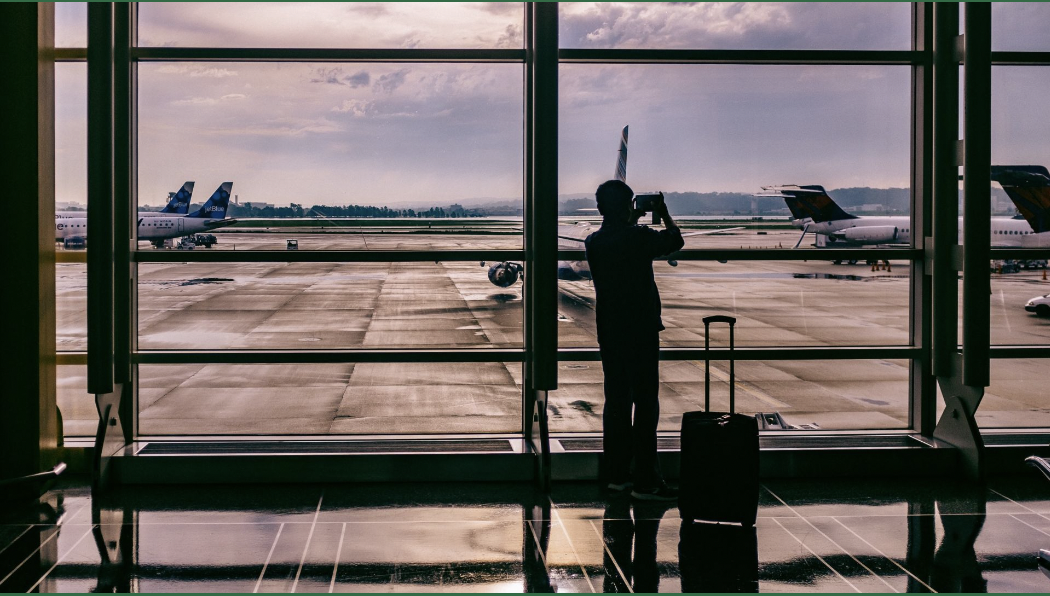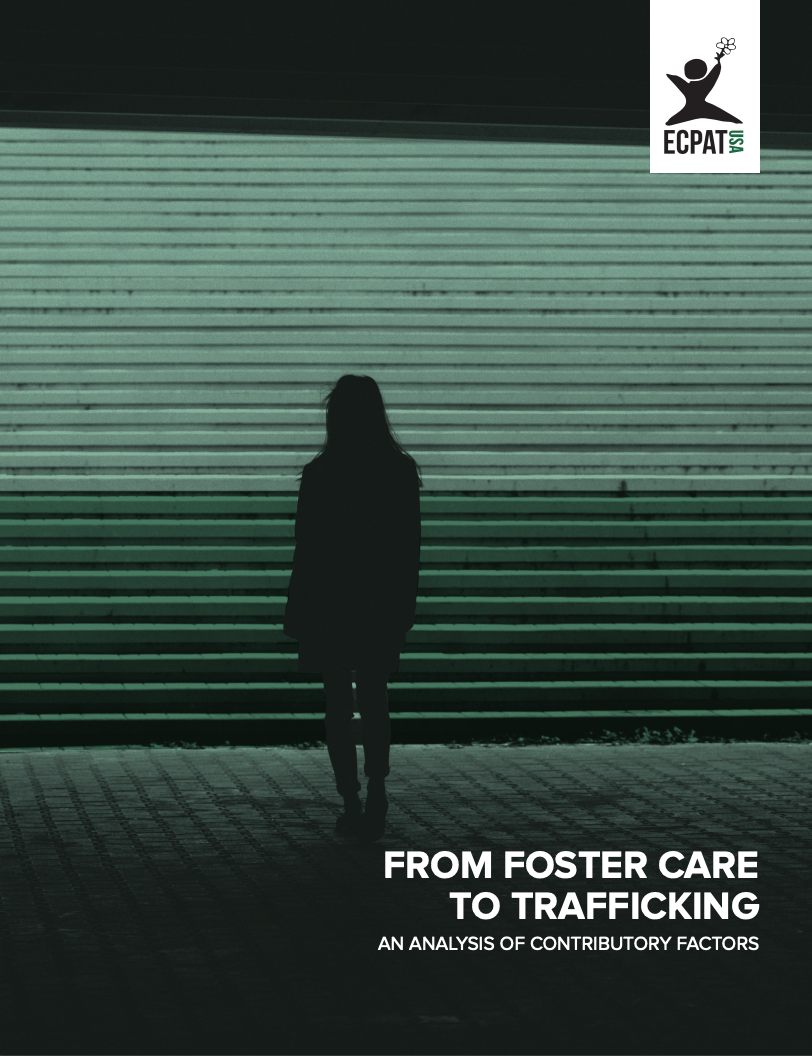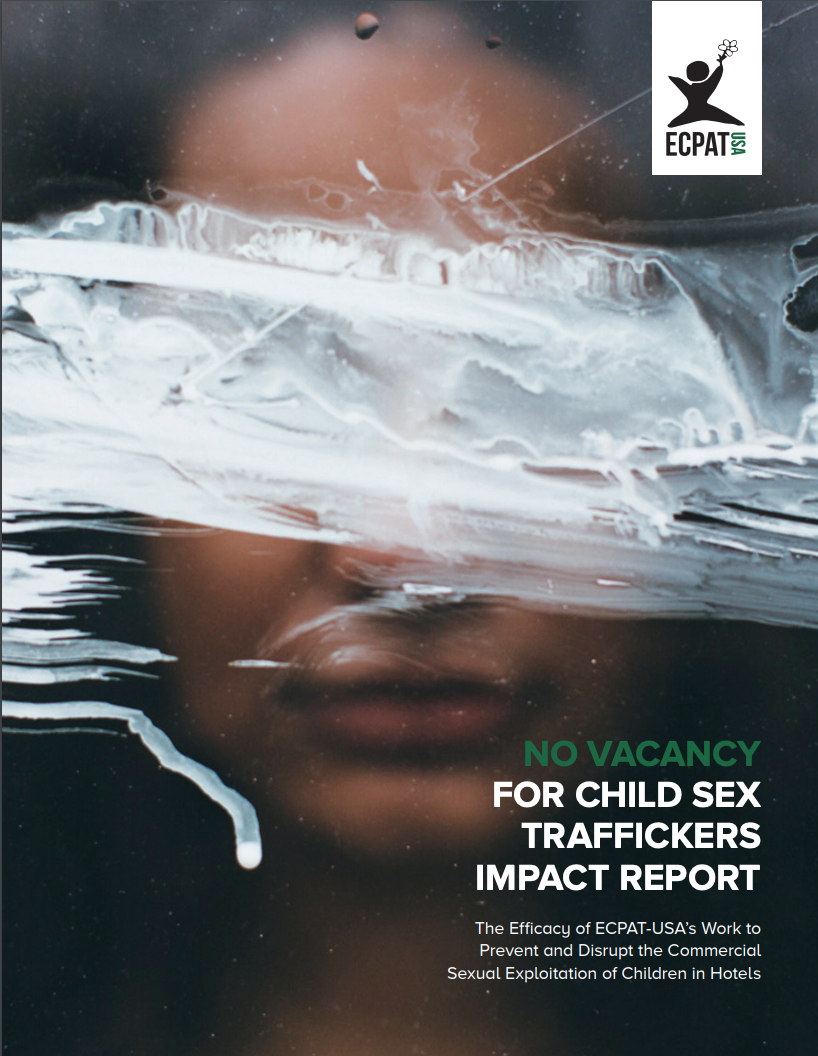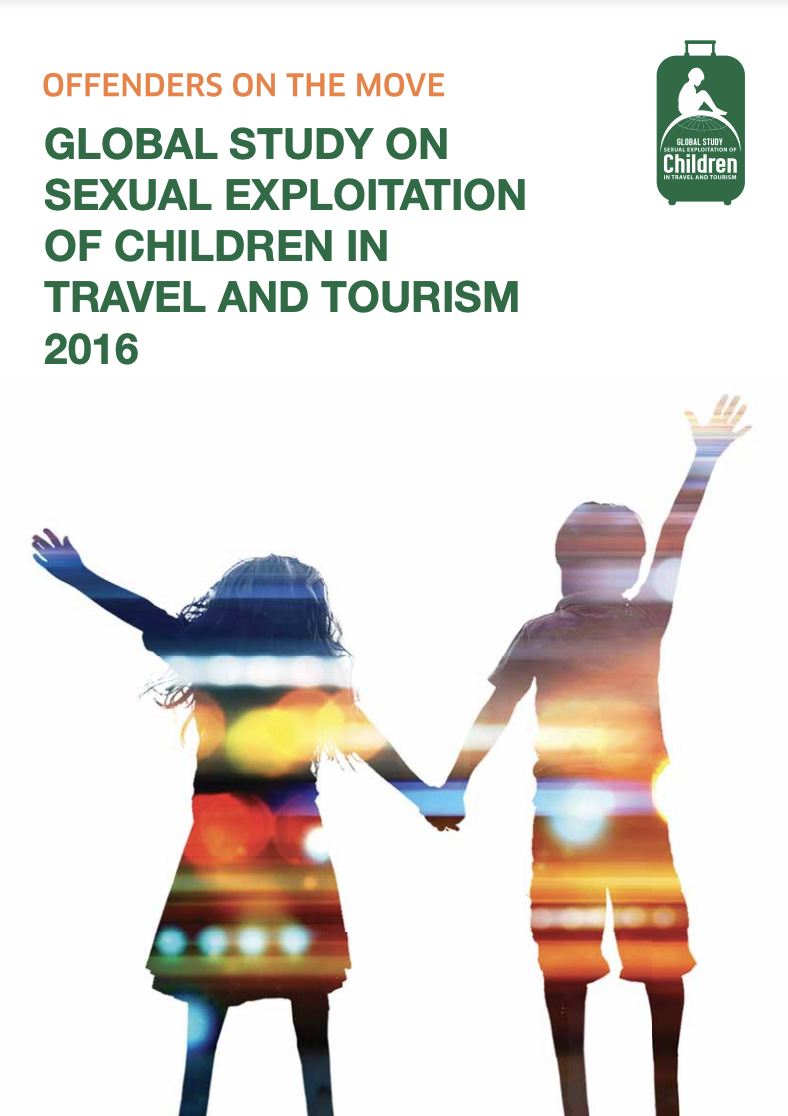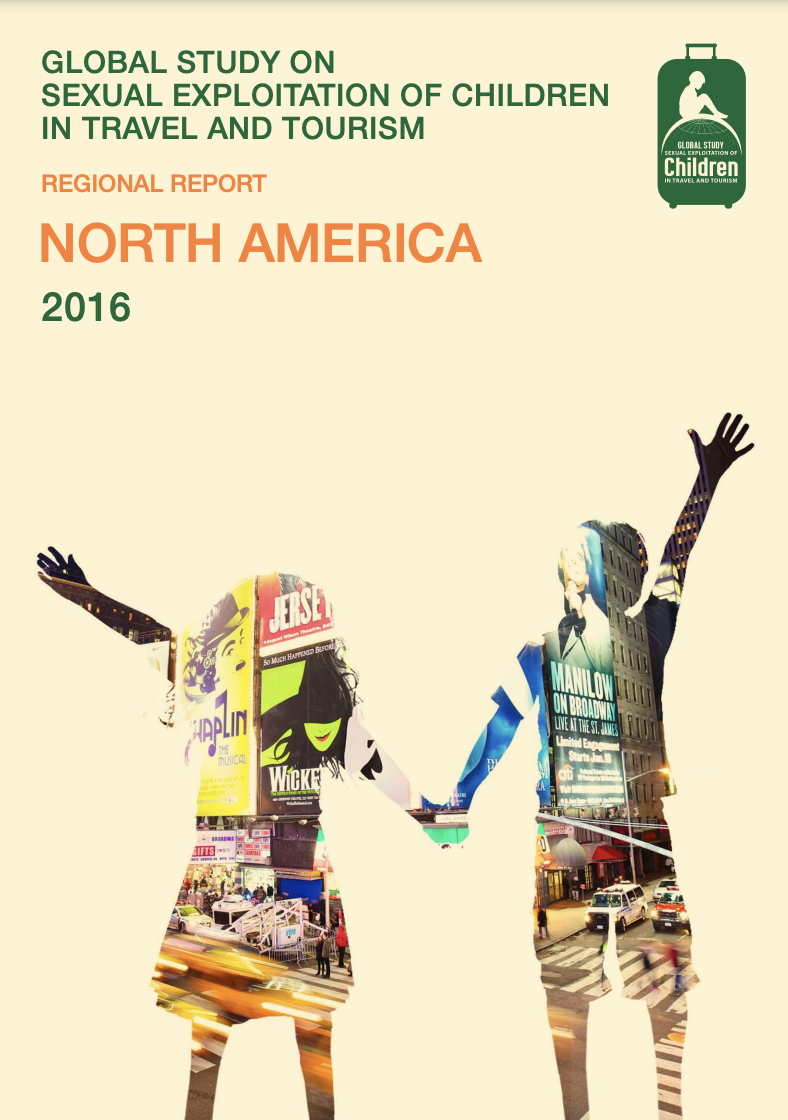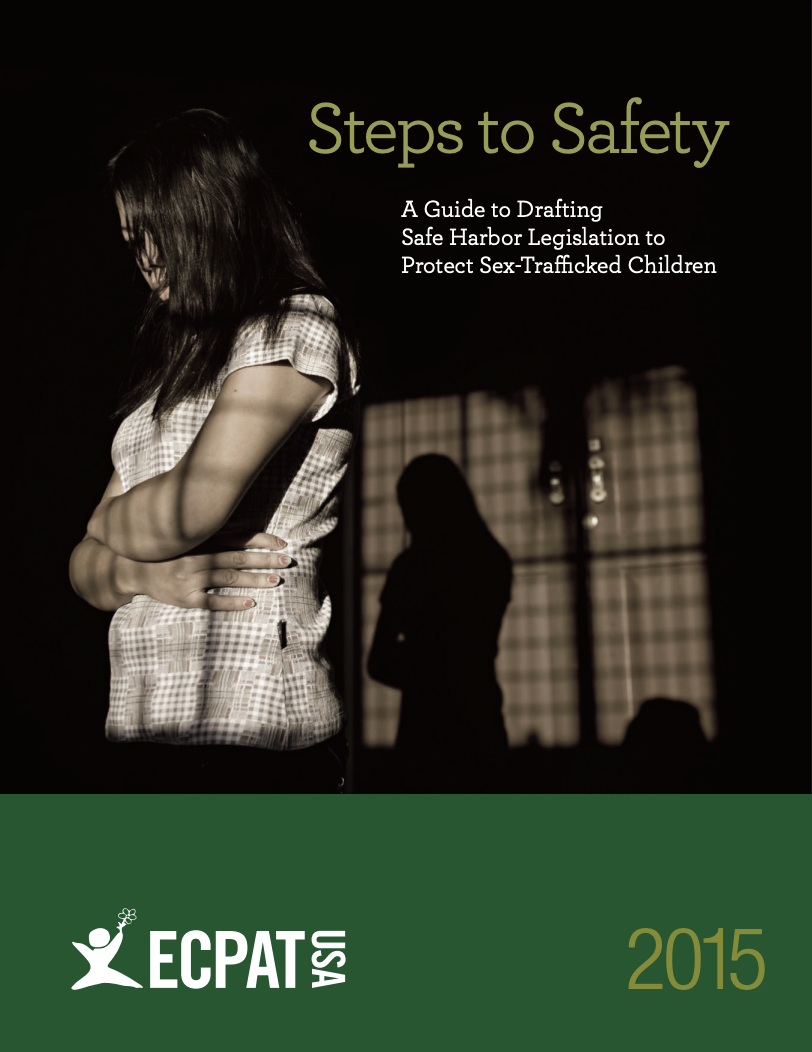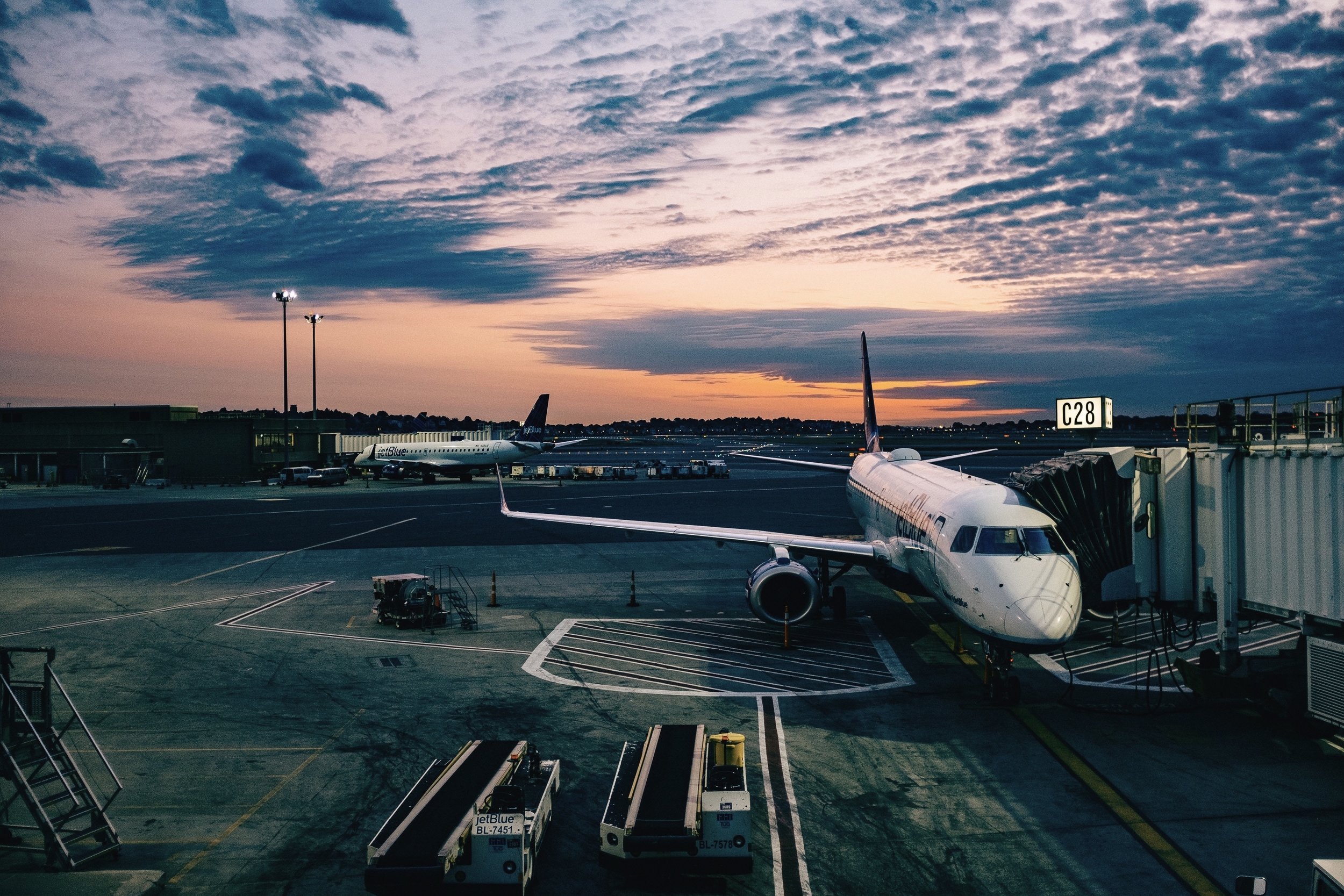
PROFESSIONALS
IN THE HOSPITALITY AND TRAVEL INDUSTRY
As a professional in the hospitality and travel industry, you play a crucial role in preventing child exploitation. Our resources provide industry-specific guidelines, training resources, and case studies that empower you to recognize and respond to signs of exploitation. By equipping professionals like you with knowledge and tools, we can create a united front against child trafficking within your sector.
TRAFFICKING IN THE HOSPITALITY INDUSTRY
Due to the anonymous, risk-free nature of the hospitality industry, children across the globe are exploited in hotels—ranging from budget properties to luxury resorts. Hotel associates are uniquely situated to identify and report suspicious activity. From check-in to check-out there are a number of indicators victims and traffickers exhibit during the time they are on a hotel property. With proper training, a front desk agent or a housekeeper can notice that something is not right and respond.
-
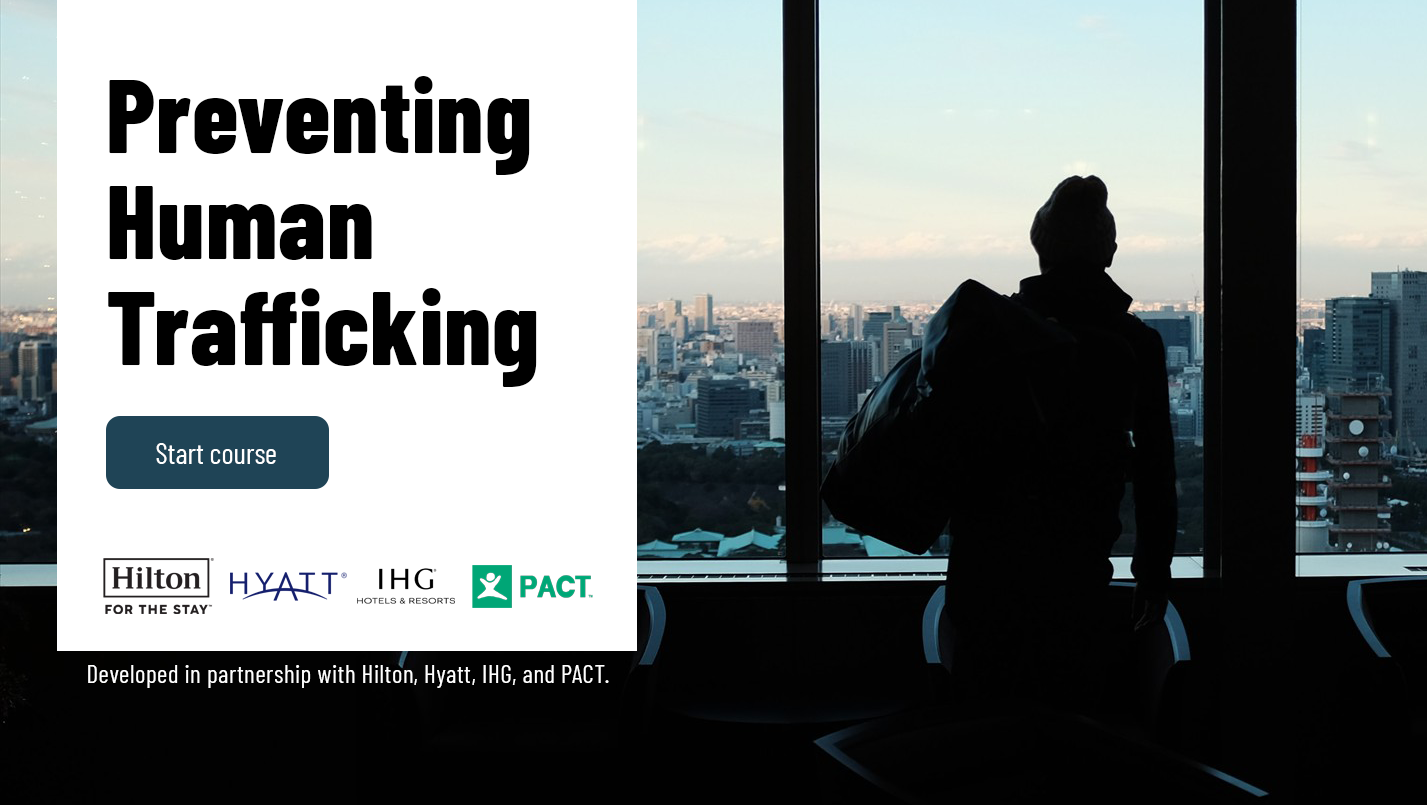
New 30-Minute Training, “Preventing Human Trafficking”
A free, 30-minute e-training for hotel owners and operators, developed by PACT with input from survivors, and in collaboration with global hotel partners Hilton, Hyatt and IHG Hotels & Resorts.
The course helps participants understand human trafficking, recognize warning signs in hotel settings, respond appropriately using internal reporting procedures, and support a safe, respectful environment for guests and colleagues.
Available in English and in Spanish subtitles, with technical support and a certificate upon completion.
-
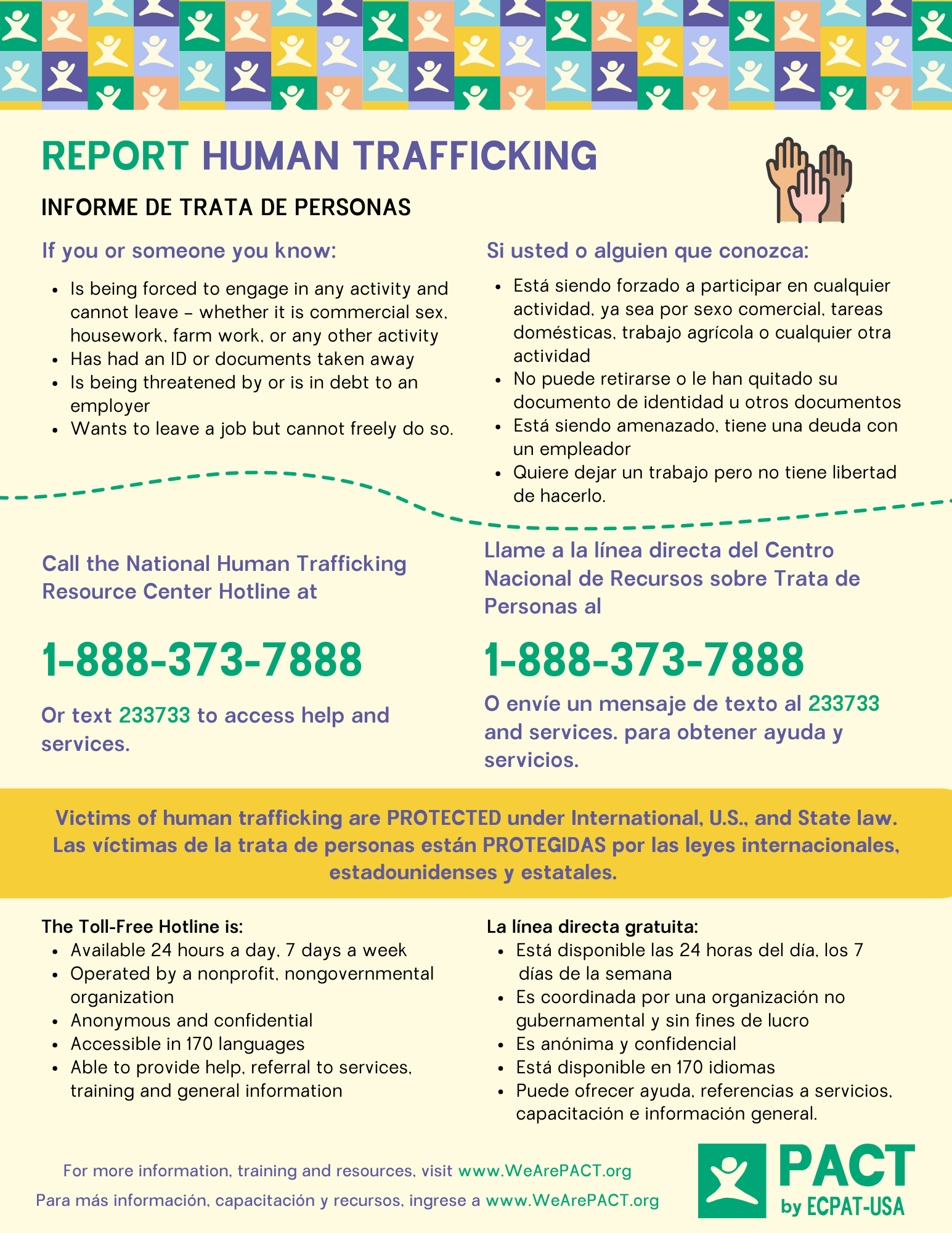
-
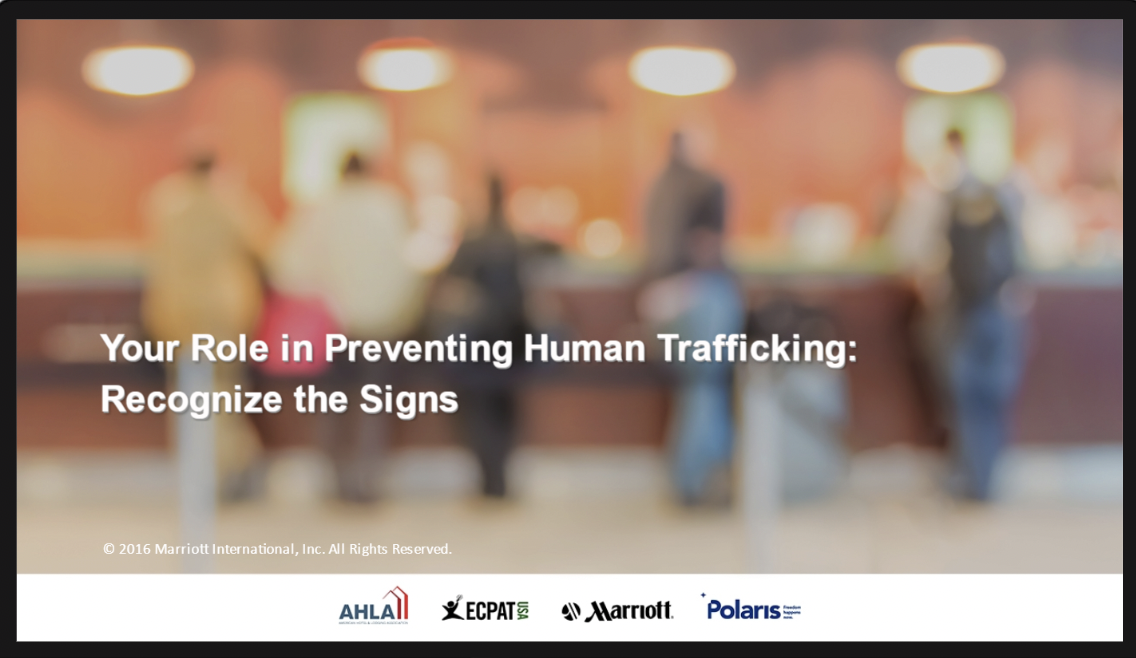
30-Minute Training
This free 30-minute online training program developed by PACT in collaboration with the AHLA Foundation (American Hotel and Lodging Association) and Marriott International discusses the intersections between human trafficking and the hotel industry. PACT also offers free tools and resources that can be used in conjunction with the training to help companies prevent trafficking and inform clients and suppliers of their commitment.
With the recent addition of 17 new languages, our e-training is now available in a total of 34 languages, making this essential training accessible to a significantly broader audience.
To license the module for your team contact info@WeArePact.org. Customization available for purchase.
-
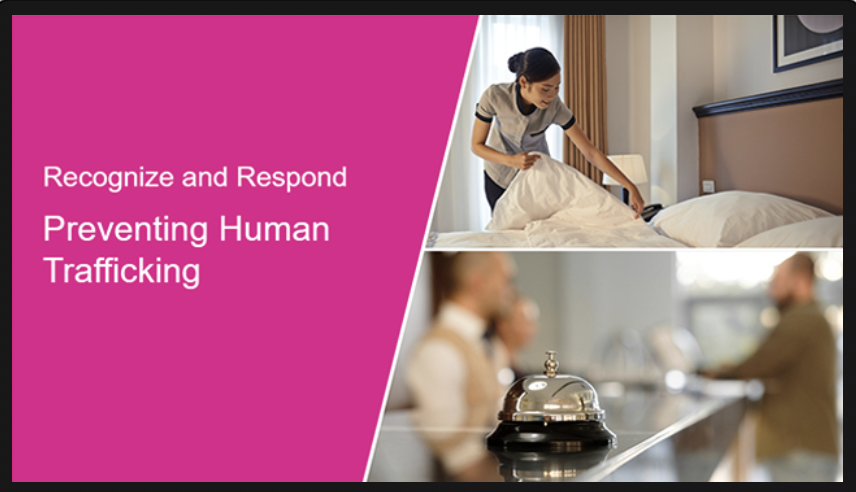
60-Minute Training
This new online training program builds upon the foundation of our existing training based on hotel-level feedback that incorporates additional content to help associates turn awareness into action. Developed by Marriott International with support from PACT and the AHLA Foundation (American Hotel and Lodging Association), Recognize and Respond: Addressing Human Trafficking in the Hospitality Industry features unique learning paths for associates and managers, increased guidance on responding to potential trafficking situations and interacting with potential victims, hypothetical scenarios to practice decision-making in an authentic context, and knowledge checks throughout to enhance learning retention. The 60-minute (or 80-minute for managers) training is available in 5 languages at no cost to users.
“As hospitality leaders, we have a unique position in which we are able to assist in the combatting of human trafficking efforts. After being exposed to a variety of inspiration and awareness on the topic, I was able to put it to use in real life.”

LEARN YOUR STATE’S LAW
MAP OF ANTI-TRAFFICKING TRAINING AND SIGNAGE LAWS BY STATE
Disclaimer: This interactive map is provided for reference only and does not constitute legal advice.
Unpacking Human Trafficking
A survey of laws in the United States concerning anti-trafficking signage and training for hotels.
Unpacking, Vol. 5
TRAFFICKING IN THE TRAVEL INDUSTRY
Human trafficking is a form of abuse where people profit from the control and exploitation of others. The International Labor Organization estimates there are over 40 million victims globally - 1 in 4 of which is a child. Victims are often sold in hotel rooms and transported via airlines, commercial buses, and the on-demand economy. In response, PACT works with the travel industry to take action. Corporate travel buyers, travel management companies, and meeting professionals can raise awareness about the issue with business travelers and travel partners. When equipped with information and resources, travel buyers can signal to travel suppliers that they are in the direct line of disrupting child sex trafficking through identification and response.
The module is tailored specifically for travel professionals in the travel management industry, corporate travel managers, and the meeting and events industry. It is available in English, Spanish, Portuguese, and French. In this free access e-learning, associates will learn:
- The definition and impact of human trafficking
- The signs of sex trafficking
- The signs of labor trafficking
- Why traffickers use the travel industry
- How to take actions with clients and suppliers
PACT is a CMP Preferred Provider. The program(s) identified with the CMP Preferred Provider logo meet the requirements to receive continuing education (CE) credit for the Certified Meeting Professional (CMP) credential. The use of the CMP Preferred Provider Pre-Check logo is not an endorsement by the Events Industry Council of the quality of the session. For more information about the CMP credential or CMP Preferred Provider Program, please visit www.EventsCouncil.org.
THE TOURISM CHILD-PROTECTION CODE OF CONDUCT
“The Code” is a multi-stakeholder initiative with the mission to provide awareness, tools, and support to the private sector to prevent the sexual exploitation of children.
When your company signs The Code, it makes a commitment to do what it can to put an end to the commercial sexual exploitation of children.
Partners in Protection
Our corporate partnerships help mitigate the risks associated with a crime that affects millions of youth worldwide. By joining us in our fight against trafficking, they have become part of the PACT family of advocates.
Reports
Unpacking Human Trafficking
A survey of laws in the United States concerning anti-trafficking signage and training for hotels.
Unpacking, Vol. 5
Stamping Out Exploitation in Travel
Benchmarking the travel industry’s progress on fighting human trafficking and the commercial sexual exploitation of children.
Sex Trafficking Public Conversations Resource Guide
A guide for members of Congress, local governments and advocates that outlines the necessary steps to address sex trafficking when it happens in their communities.
From Foster Care To Trafficking
An analysis of contributory factors.
No Vacancy For Child Sex Traffickers Impact Report
The efficacy of ECPAT-USA's work to prevent and disrupt the commercial sexual exploitation of children in hotels.
Global Report: Offenders On The Move
The Global Interagency Working Group released the “Terminology Guidelines for the Protection of Children from Sexual Exploitation and Sexual Abuse”. The Guidelines, to be known as the “Luxembourg Guidelines”, are an important step in strengthening collaboration to address sexual exploitation and sexual abuse of children.
Global Study on Sexual Exploitation Of Children In Travel and Tourism: Regional Report North America 2016
This report provides an updated picture of the environment in which SECTT persists in the US and proposes a set of recommendations to improve government, nongovernment and private sector responses to prevent and combat this crime. As such, it will assist in the realization of the Sustainable Development Goals related to children’s right to live free from sexual exploitation.
Terminology Guidelines For The Protection of Children From Sexual Exploitation and Sexual Abuse
The global Interagency Working Group released the “Terminology Guidelines for the Protection of Children from Sexual Exploitation and Sexual Abuse”. The Guidelines, to be known as the “Luxembourg Guidelines”, are an important step in strengthening collaboration to address sexual exploitation and sexual abuse of children.
Steps To Safety
This report presents a detailed analysis of existing Safe Harbor Laws. Each law is reviewed within the categories deemed most important to devising an effective statute. This report includes a checklist for Safe Harbor legislation. The checklist was created as a tool to design laws that most thoroughly address the problem of CSE children and promote the end of child sex slavery.
And Boys Too
An ECPAT-USA discussion paper about the lack of recognition of commercial sexual exploitation of boys in the United States. The little notice given to boys primarily identifies them as exploiters, pimps, and buyers of sex, or as active and willing participants in sex work, not as victims of survivors of exploitation.
Resources
“Report Human Trafficking” Posters
For display in hotels and transit locations.



